Different Types of Gaskets Used For Flange Fittings
Flanges are round disks with holes for bolts around the rim. A variety of flanges are available to suit every purpose, from blocking high-pressure pipes to attaching two pipes of incompatible material. Also known as pipe flanges or flange gaskets, flanges are generally selected in place of other fittings to make cleaning and repairs more practicable. They are a vital component of many machines and tools because they keep fluids from leaking.
The three primary types of Flange Gaskets include Non-Metallic, Semi-Metallic and Metal.
Non-Metallic Gaskets
Non-Metallic Flange Gaskets are made to seal and prevent leakage of fluids at low pressure, low temperature and noncritical service application. The soft material of this flange gasket is designed to sit in the grooves of the flange face. This type of gasket is made from compressed fibre and rubber materials, which can be widely used in different industries. They can be used for sealing vents and pipes to prevent leakage. Some non-metallic gaskets include graphite, rubber, and non-asbestos which can withstand high temperatures. However, they are not suited for low-pressure and low-temperature applications.
Semi-Metallic Gaskets
A Semi-Metallic Flange Gasket (SFLG) is a combination of metal and nonmetal. It consists of layers of metal foil and nonmetal material such as graphite or PTFE (Polytetrafluoroethylene) bonded together by an adhesive system. The composite is wound around a ring form, then compressed in place between the flanges of two mating components. Semi-Metallic Composite Gaskets are designed for use in a wide range of applications, from low to ultra-high pressure. Known for their corrosion resistance and heat resistance, they are superior in tensile strength while remaining flexible over a broad temperature range.
Metal Gaskets
The Metal Flange Gasket is also known as the Ring Type Joint (RTJ) Flange Gasket. This is made from Carbon Steel, Stainless Steel or Exotic Alloy. RTJ Flange Gaskets designed by Ring Joint Gasket manufacturers are meant to be used in high pressure, heat-critical applications. These Gaskets fit into either an oval or rectangular cut groove cut in the face of the mating Flanges. When tightened, these Flange Gaskets provide a strong seal at the flanged connection. Therefore, RTJ gaskets are extensively used in refinery, petrochemical and oil field drilling applications. A ring-type joint flange is substantially different from other types of flanges used in the piping and pipeline industry.
The main characteristics of an RTJ flange can be summed up as follows:
- RTJ flanges consist of a steel ring that serves as the gasket. The gasket rests on the machined groove and withstands high pressure.
- RTJ flanges provide high-quality metal to metal sealing.
- Proper sealing.
- Resistance to high temperature
- Easy installation
- Long service
Bottomline
Metallic gaskets are widely used in medium- and high-pressure applications. They have the advantage of being able to resist heat, chemicals and high pressure while offering a leak-proof seal. The most popular variety of metallic gaskets is the Ring Type Joint (RTJ) type. They are particularly effective in sealing smaller diameter pipes and flanges where traditional packing elements may fall short.
For low-pressure applications, however, non-metallic gaskets provide a better seal than their metallic counterparts. While they still have space for a perfect seal, the non-metallic gaskets are much better at preventing corrosion and keeping out damaging chemical elements. One downside however, is that they cannot tolerate extreme levels of temperature and pressure.
As a leading Ring Joint Gasket manufacturer, Star 21 provides only the highest quality seals available. The range of ring joint gaskets offered by Star 21 includes:
- R-type gasket, a basic ring joint gasket
- R-type RTJ Gaskets (oval and octagonal)
We have the products you need, at a price that works for you. Contact us for more information!

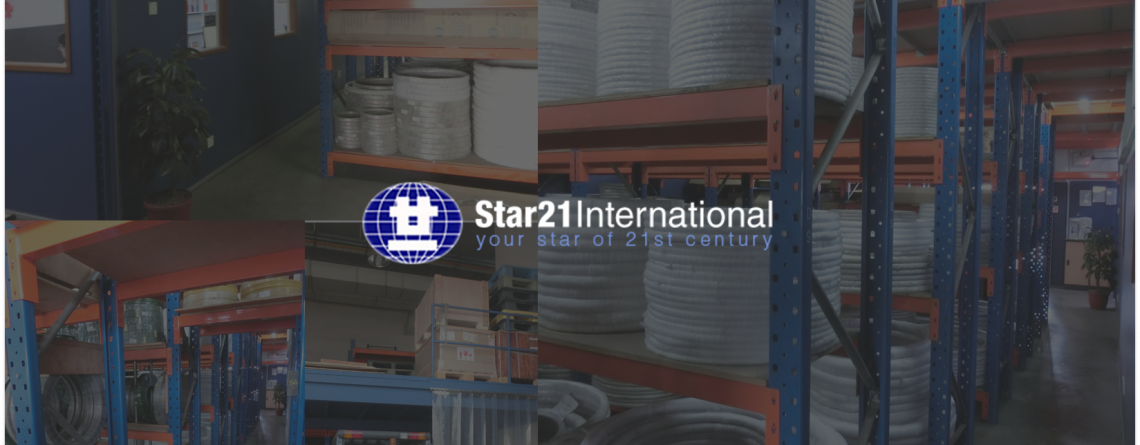
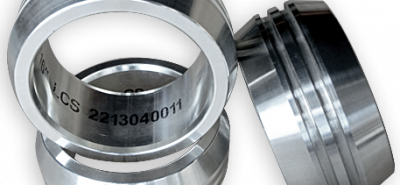

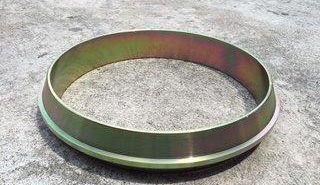
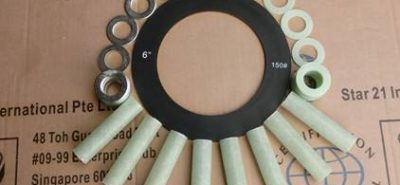
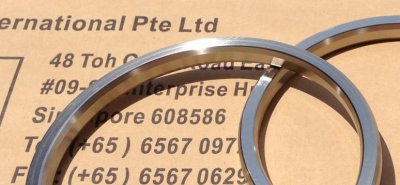
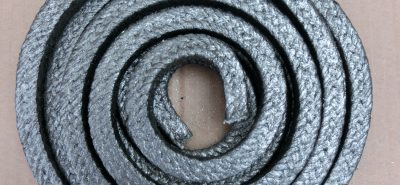

LEAVE A COMMENT